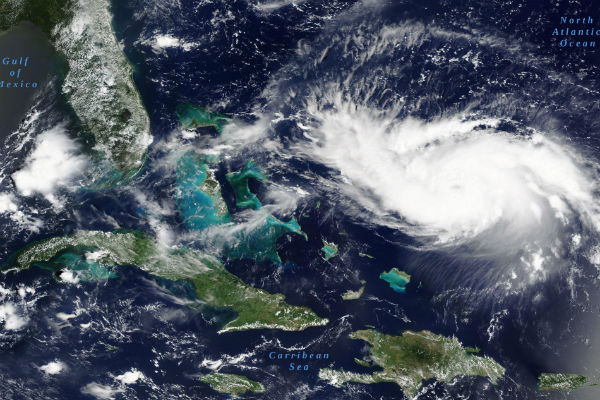The travel industry faces mounting pressures to address climate justice. A recent report highlights the urgent need for coordinated action to support vulnerable communities.
With 2023 being the hottest year recorded, tourism destinations are increasingly susceptible to severe weather events. The industry must act promptly to mitigate these climate risks.
A coalition of travel non-profit organisations urges the industry to support communities vulnerable to climate changes, as detailed in the new report, ‘Climate Justice in Tourism’.
Given the severe impacts of climate change, the industry must prioritise resources and strategies to assist communities most at risk. This call to action includes a levy on frequent fliers.
The report reveals that 1% of the global population is responsible for over half of aviation emissions. This statistic underlines the need for the industry to address its substantial carbon footprint.
Despite increased investments in climate initiatives, many travel companies’ plans lack concrete action to mitigate climate risks in their operational locales.
The report suggests that businesses collaborating with communities in vulnerable areas can enhance their resilience and reputation.
Dr Bobbie Chew Bigby notes that neglecting the unequal impacts of climate change can lead to unintended negative consequences. The industry is encouraged to involve unheard communities in climate action efforts.
Climate justice offers significant business opportunities and risk mitigation by promoting equitable strategies across tourism supply chains.
Ten recommendations for scaling climate justice in tourism include establishing a global climate fund to support green transitions.
Pilot projects are suggested in destinations facing heat stress and water scarcity, while the travel sector could aid crises through resource re-purposing.
The World Travel and Tourism Council has expressed support for the report, highlighting the importance of community collaboration to build a fairer future.
The World Sustainable Hospitality Alliance describes the report as a guiding beacon for creating a more equitable world.
Mobilising travel companies as first responders in crisis can significantly aid humanitarian efforts. Resources like hotels and kitchens could be repurposed during emergencies.
The report emphasises the importance of resilience-building for destinations most reliant on tourism, suggesting this is key to future industry stability.
Beyond ethical considerations, climate justice presents business benefits by fostering stronger community ties and more resilient supply chains.
Engaging proactively with climate justice initiatives can safeguard businesses against mounting climate-related risks, ensuring long-term sustainability.
The tourism industry must embrace comprehensive strategies for climate justice, ensuring community voices are part of the dialogue.
Strengthening vulnerable communities through collaboration and action remains integral to achieving sustainability in tourism.
The tourism sector stands at a crossroads; adopting climate justice strategies will determine its future resilience.
As global temperatures rise, the need for immediate and equitable action becomes more pressing.

